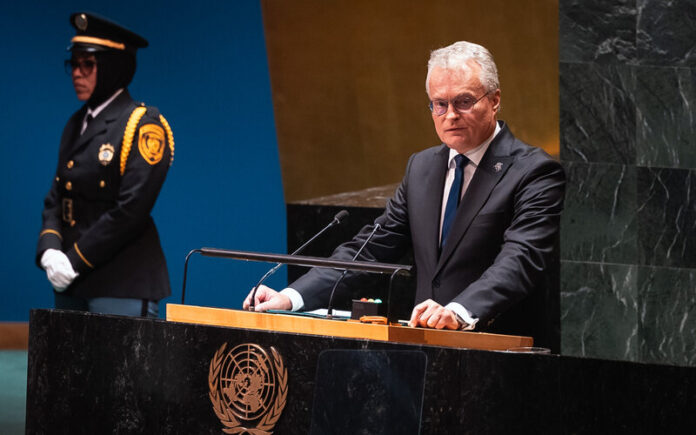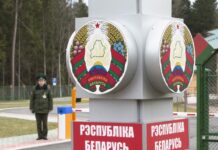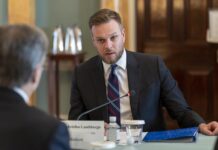
In his address to the UN General Assembly on September 20, Lithuanian President Gitanas Nausėda said that Russia has brought back “an old-style colonial war” to Europe, warning that Moscow is preparing to go further. According to the President, this invasion was the result of the indifference of the international community. “Russia started its brutal war more than nine years ago. And it was precisely the weak response of the international community that allowed violence to fester and grow, leading us all to the largest military conflict in Europe since the end of the Second World War”.
It is now a global issue threatening food security and nuclear safety, Nausėda said. A possible solution would be to open more export lanes for Ukrainian grain, including via Baltic Sea ports. “But the solution is not to lift sanctions on Russia,” he added. He also expressed full endorsement of the peace formula presented by Ukrainian President Volodymyr Zelensky last year, which includes Russia withdrawing its troops from Ukraine’s territory, security guarantees, and an official document confirming an end to the war.
Nausėda also spoke at length about the threats to the current, rules-based world order, saying that threats also arise from disastrous climate change. “Lithuania is resolutely committed to […] become climate-neutral in 2050,” Nausėda said. “Our ambition is to turn Lithuania from a net importer of electricity to a self-sufficient green energy producer by 2030.”The pre-condition to achieve sustainable development rests on peace, as “there can be no sustainable development amidst a war”.
In his address, Nausėda also said post-war justice should also deal with Belarus, “which participates in this aggressive war by providing military assistance and facilitating the offensive from its territory”. Russia’s recent decision to deploy nuclear weapons in Belarus and the announced suspension of its participation in New START, a nuclear arms reduction treaty between Washington and Moscow, “means Russia is preparing for more war – not to settle for peace”.





























